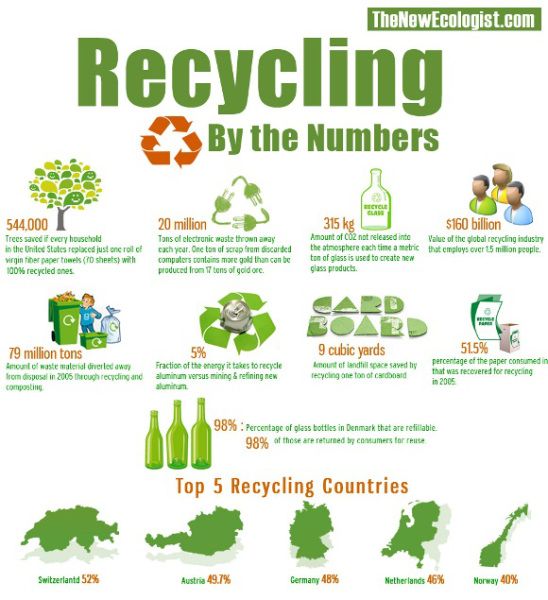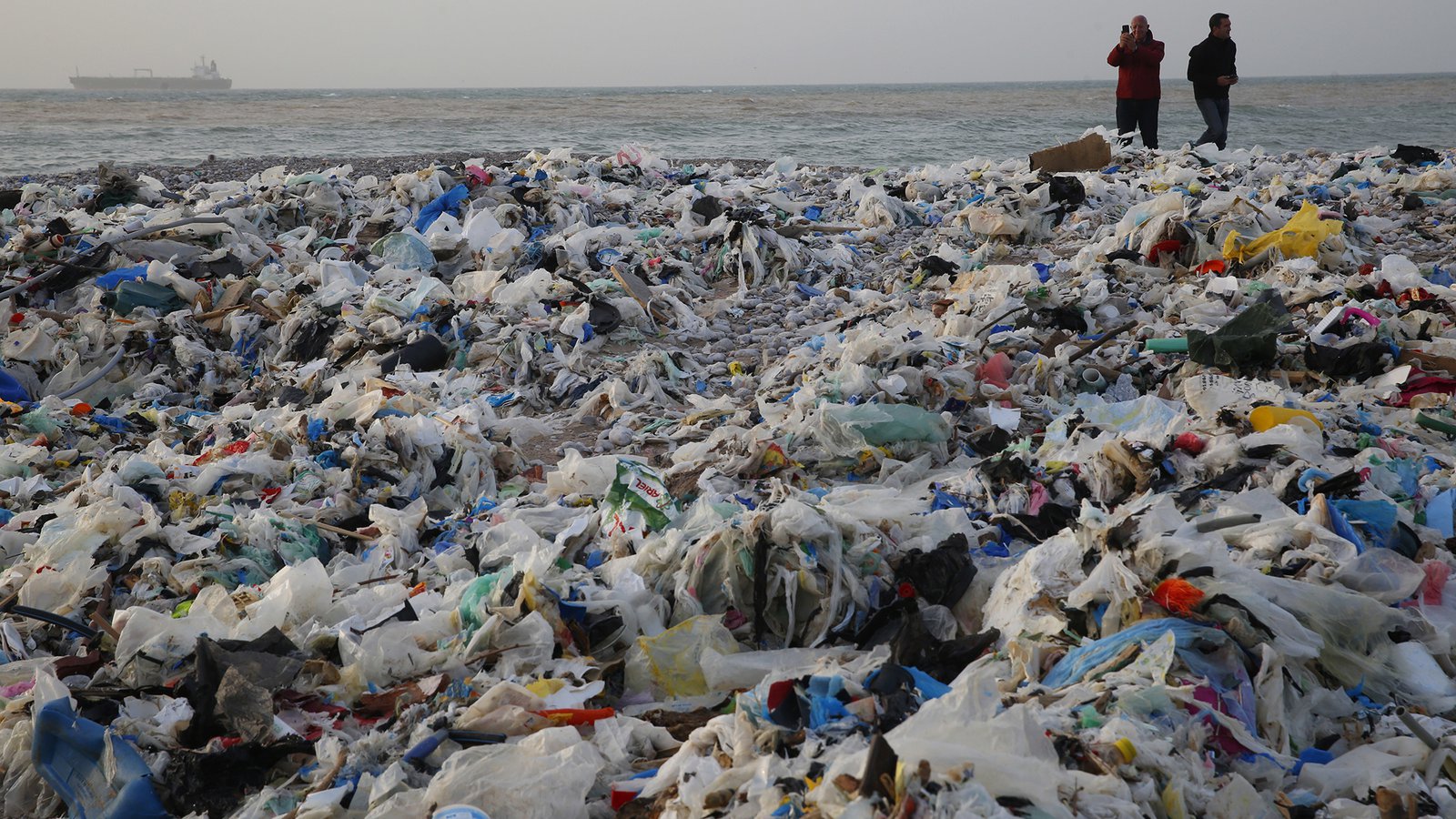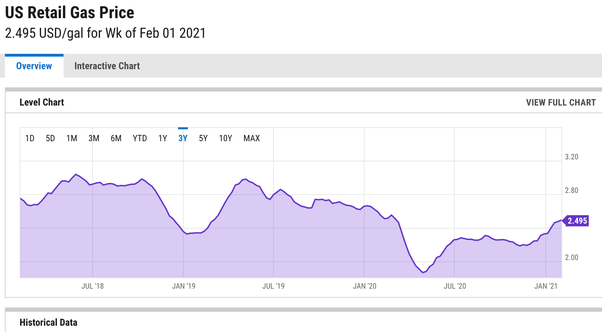We’ve all got one of those bins from the council to put our recycling in, and we’ve all seen the recycling bins at designated areas in the community. Therefore, it’s not a new concept, but it’s still one that people don’t know too much about, in terms of its real effect on the environment, and of course, the effects of not recycling.
Therefore we thought we’d put together some of the most interesting and maybe a little shocking recycling facts to hopefully help start serious conversations about the topic, and to help save our planet.
The average office worker generates about 73kg of waste each year
It’s estimated that 80% of that waste is paper products that are easily recyclable. Paper can be recycled to make new office paper. It’s also estimated that 1 billion trees worth of paper are thrown away every year.
To produce each week’s Sunday newspapers, 500,000 trees must be cut down
As shown above, paper makes up a huge amount of space at landfills, especially with things like newspapers being so popular. Recycling one circulation of the UK’s most popular Sunday newspapers would save approximately 75,000 trees.
About one-third of an average landfill is made up of packaging material
Therefore it’s a really good idea to think about what you’re buying when doing your shopping, in terms of the packaging. Look at whether it has already been recycled, how you can recycle it when you’re finished or if you could even reuse it when it’s served its original purpose.
Rainforests are being cut down at the rate of 100 acres per minute
That roughly matches out to an area of rainforest that is the size of a standard football field being destroyed each second – about 2,000 trees a minute. You can learn more about why rainforests are being destroyed and what you can do to save them at the Rainforest Concern website.
Around 1 million tonnes of electrical and electronic waste are generated every year
Steel is the most abundant recyclable component in appliances, but not the only one. Major home appliances also contain other metals like aluminium, zinc and copper, as well as recyclable plastics and CFC refrigerants. Recycling the major appliances in your home, such as refrigerators and washing machines can help the environment in a huge way. You can also recycle smaller electronic devices too, such as mobile phones and laptop computers.
Recycling plastic saves twice as much energy as burning it in an incinerator
Plastic is notorious for taking a long time to break down in a landfill – it’s said that it takes about 400 years for this process. Recycling plastic is getting much easier, as most plastic containers have a code on the bottom that tells you what type of plastic it is, and that way, you can find the right recycling bin to put it in.




